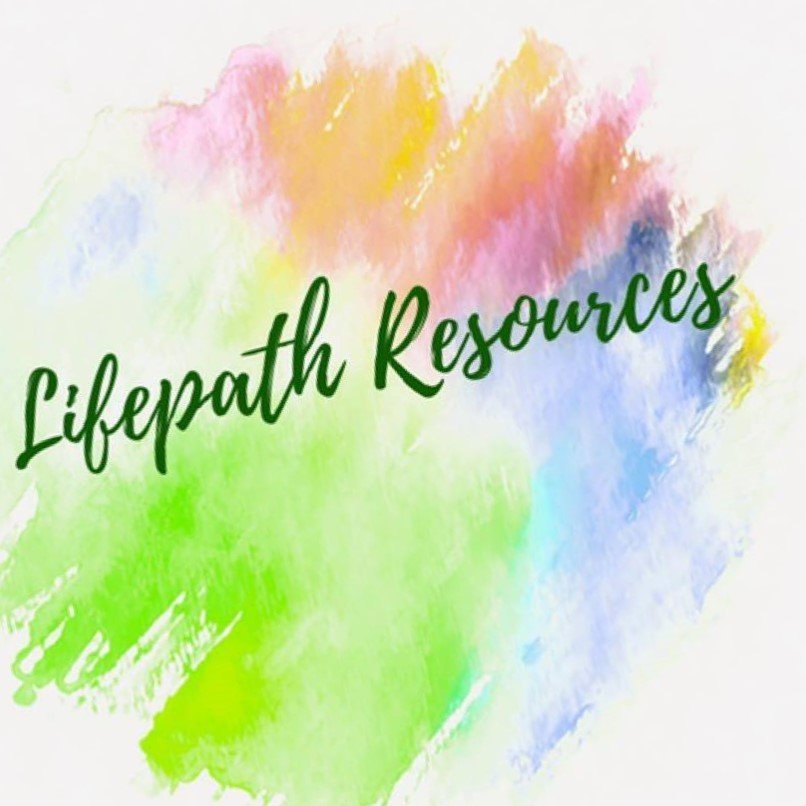
IS PAIN EVER PRODUCTIVE
As human beings we generally take the path of least resistance when it comes to choosing difficult tasks and paths in life. No one that I know has ever voluntarily chosen pain over comfort. We never seek to be powerless, helpless, uncomfortable, vulnerable or out of control, which is where pain can leave us.
As a counsellor I see client after client who are ‘stuck’ in pain, anxiety and overwhelm resulting from adverse circumstances that have been out of their control. The longer they have been in their pain, the harder it seems for them to navigate out of it.
Pain becomes their constant annoying, predatory companion, their constant shadow, their constant state of being. This kind of pain and suffering always leads into a downward spiral of fear, despair, depression and loss of hope for life to change into something more bearable or even joyful again.
We can feel as if we are drowning in a storm of suffering. I am going to refer to this type of pain as Unproductive Pain. The only thing that it produces is more pain, more anxiety, more feelings of being ‘out of control’. Unproductive pain leaves us feeling hopeless and diminished, unable to move forward. When hope is deferred it makes the heart sick.
Unproductive pain can be described as pain that persists or intensifies without a protective or problem-solving benefit — it drains resources without improving the situation. It does not contribute in any way to healing, but defers or prolongs the painful condition that the person is in. What unproductive pain does is that it cancels out or defers all hope of change. Unproductive suffering can break us down and make us feel isolated, ashamed and broken.
Some examples of the causes of Unproductive Pain are as follows:
· Unresolved or Ongoing Chronic Physical or Mental Medical Issues
· Prolonged Grief
· Chronic Heartbreak or Prolonged Relationship Breakdowns
· Emotional, Physical or Sexual Abuse
· Cognitive Distortions – Perfectionism, Unrealistic Standards.
· Anxiety over what is out of our control.
In this blog I want to focus primarily on emotional pain, of which there seems to be more awareness of, as these days it has become more acceptable to seek help from counsellors and therapists for poor mental health issues. Many of the poor mental health issues are centred around emotional pain which seeps into all areas of our lives if it remains unresolved indefinitely.
We all have default coping mechanisms when it comes to dealing with emotional pain, some people isolate themselves, some become aggressive, some retreat into themselves, some engage in self-destructive behaviours, some turn to substances to block out the pain, some turn to faith, some embrace denial. Coping mechanism inevitably delay the healing process of emotional pain as there is no embracing of, and working through the pain in a productive way. There is a better more powerful way by embracing pain by understanding its potentially transformative power. This is what I will refer to a Productive Pain.
Productive suffering enhances the strength of our core values, our sense of self and restores our hope, dignity and self-respect. Productive pain helps us take back our power and control over our emotions and lives again.
We can all understand the power of Productive Pain in the rehabilitation of physical injury, or after surgery physiotherapy. Pushing through and embracing the pain to get limbs or muscles to recover is Productive Pain – Pain that benefits the healing process. Pushing through and embracing emotional pain works in very much the same way.
This is a path to using Productive Pain:
- Give yourself consent to be willing to feel and suffer through challenging emotions to navigate through a path to healing and wholeness. Face the emotion head on - lean into the emotion rather than trying to make it go away. Feel the pain of it as the waves come over you. By acknowledging its presence, and sitting with it, we can create an opportunity for self-discovery which can be empowering.
- Create mindful awareness by trying to put language to your emotions – by doing this you can detach yourself from the emotions you are feeling - You become an observer rather than a participant of the pain. (see the Emotions Wheel on my Website if you are struggling with this - https://www.lifepathresources.co.uk/counselling-resources Do this on a daily basis or whenever you feel the waves of emotional pain washing over you.
- Avoid ruminating over the specifics of the event that has caused you the emotional pain. By doing this you re-traumatise yourself over and over again. Where grief is involved try to avoid grieving over the person, but rather what you have lost – dreams, a shared life, companionship, years wasted, unresolved conflict. We grieve because we love, but also because we have hoped. Grieving this way can restore hope of what lies ahead rather than what we have lost. We grieve what we had so that hope can be restored to start a new future. Prolonged grieving can lead to depression and loss of what lies ahead that you don’t know of.
- Come to accept and understand that there is a transformative purpose in pain. It’s an opportunity to embrace personal growth and a new sense of purpose despite the challenges it brings. Productive Pain when embraced can provide a shift in perspective and a deep sense of gratitude for the opportunity to become more of the person you were created to be. Productive pain pushes you beyond the barriers of what you would have chosen – to grow stronger, wiser and more resilient. If you allow it, Productive Pain can be the catalyst for your transformation – leading you closer to your unique identity and purpose in life.
This method of embracing Productive Pain is one that I have personally embraced and although it is not a silver bullet or an overnight process, it is a powerful way to navigate out of powerlessness, helplessness and to make life bearable again and in time return to true joy.
Taking back control of what is within our control is key to eliminating anxiety, depression and hopelessness.
Take hold of hope and embrace Productive Pain.


